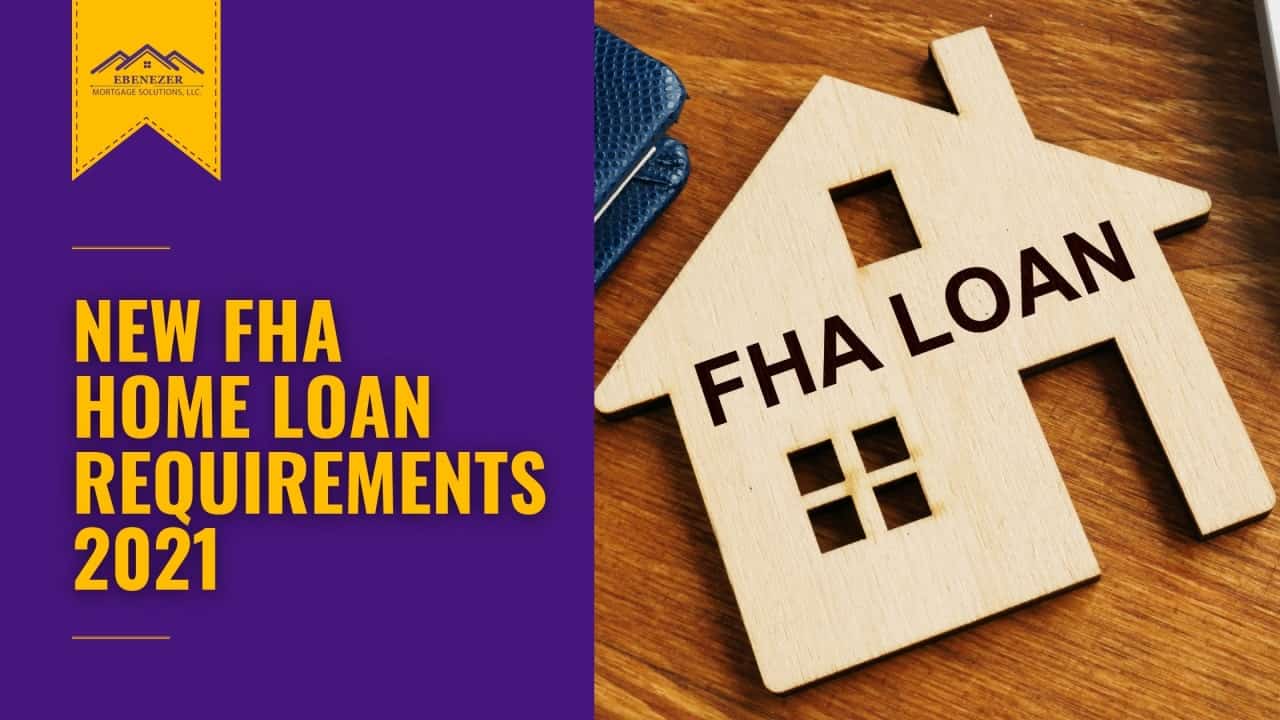Your Most Trusted Partner in Home Purchase Loans & Refinance Loans
Open Hours: Mon. - Fri., 9:00 a.m. - 6:00 p.m.

FHA home loans are government-backed mortgages insured by the Federal Housing Administration (FHA) and the U.S. Department of Housing and Urban Development (HUD). These loans have more flexible requirements, making it easier for first-time homebuyers and those who do not meet conventional loan requirements to qualify.
FHA and HUD are not the ones who issue the loans. They simply guarantee payments if the borrower defaults on the loan. These agencies make it less risky for lenders, allowing FHA loans to be more versatile than other loan programs.
FHA loans have two loan term options: 15 and 30 years. A borrower can use these loans to purchase single or multiple-family homes. Additionally, the downpayment you need for an FHA loan is either 3.5% or 10%, depending on your FICO credit score.
Although the FHA has lenient standards for the loan, the lenders have the freedom to change these standards to make it less risky for them.
For example, FHA loans allow credit scores as low as 500, but most lenders now require minimum credit scores of 640. Before, you could purchase a home with a job offer even if you were not working there yet. But due to the pandemic, most lenders now want to see proof that you are currently employed or have an ongoing source of income.
The FHA market has become more competitive now than before. And because of this, we recommend that homebuyers shop around to get the best deal. At Ebenezer Mortgage Solutions, you don't have to go to each lender one-by-one—we can do that for you.
Down Payment and Credit Score
The down payment that you'll be giving in an FHA loan depends significantly on your credit score. With a lower credit score, you will be required to make a down payment of 10% of the purchase price. If your credit score is higher than 600, you may be able to make a down payment of 3.5%.
Debt-to-Income Ratio
The debt-to-income (DTI) ratio is one of the determining factors for the approval of your loan application. It measures the amount of your monthly debt expenses against your monthly gross income. A lower DTI means that you have enough income to pay your monthly debt, making you more attractive to lenders.
For the FHA loan, the maximum front-end DTI, which only includes the mortgage payments, is 31%. While the back-end DTI, which consists of all debt payments, is 43%.
Loan Limits
Due to changes in home prices, the FHA loan limit varies each year. As of 2021, the FHA loan limit for a single-family home is $356,362 for low-cost areas and $822,375 for high-cost areas.
Mortgage Insurance Premium
FHA loans have lenient requirements, making it easier for borrowers to get into homeownership. But it is because of this leniency that lenders want to protect themselves more against defaults. They do this in the form of mortgage insurance premiums (MIP).
As an FHA loan borrower, you'll have to pay for both upfront and annual MIP. Upfront MIP (UFMIP) is 1.75% of your loan amount. You are not going to pay for this amount upon closing. UFMIP will be wrapped into your loan. For example, if you have a $400k loan, with a UFMIP, this will increase to $407k. The annual MIP will be .85% of the loan amount but can range from .45% to 1.05%, depending on your down payment and loan terms.
Unlike Conventional loans' private mortgage insurance (PMI), MPI will not automatically fall off at 20% down payment or 80% equity. It's required by lenders regardless of the amount of your down payment. MPI will remain for the whole life of the loan or for 11 years if you pay 10% or more down payment.
Employment
Although there is no minimum or maximum salary requirement for an FHA loan, the borrower must have a 2-year history of a stable income.
Property Requirements
Other than borrower qualification, the property you want must meet certain requirements before you qualify for an FHA mortgage. First, it cannot be an investment property; it must be your principal residence for at least a year. After living there for a year, you can then sell it or rent it out if you want to.
The property must also pass FHA's minimum property standard and HUD-approved inspection. And according to the Property Flip Rule, you can't purchase a property if the seller owned it for less than 90 days.
If you don't meet the FHA requirements right now, you might want to consider doing the following:
Ebenezer Mortgage Solutions can help you. With our extensive network of lenders and experience in the mortgage industry, we can make the home buying process easier for you.
Call our mortgage broker today at (813) 284-4027, and let's start getting you into the home of your dreams.
